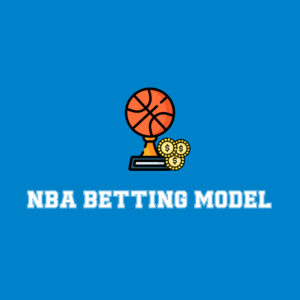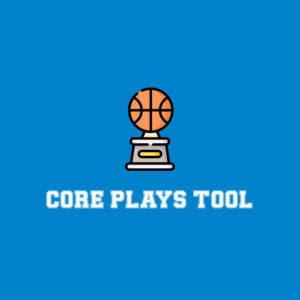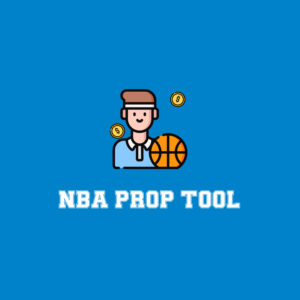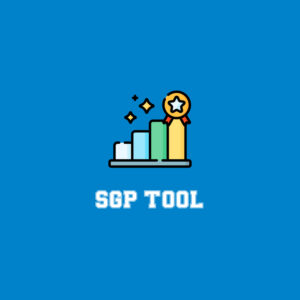
We think we know, but we really don’t.
Fantasy football managers are historic sufferers of recency bias. If a player failed to reach expectations the prior season, it is very difficult to support them again.
Fool me once, shame on you. Fool me twice, shame on me.
This will often result in players being unfairly being aggressively undervalued in the year following a disappointing performance. When you add in other confounding factors such as offensive line changes, fluid offensive weapons and the coaching carousel, a poor prior season can be dramatically suppressed down the ADP chain.
Let’s take a closer look at which players are being selected well below last year’s fantasy finishes. Will these players definitely outperform their ADP? Uncertain, but it is a starting point for all fantasy drafters to consider when trying to mitigate their own recency bias symptoms.
First up? Quarterbacks
2024 ADP Droppers: Quarterback
Russell Wilson/Justin Fields, Pittsburgh Steelers
Statistically, there is no better ADP quarterback value than the Pittsburgh duo of Russell Wilson and Justin Fields. Both players were on different teams last season, with Fields finishing as the QB12 in fantasy points per game with the Bears and Wilson finishing 15th with the Broncos. Per our FTN Underdog ADP Tool, Wilson and Fields are going as the QB31 and QB32, respectively, even after Kenny Pickett bumbled his way to the QB31 finish last season. The Steelers finished 10-7 last year despite a void at the NFL’s most critical position. Pickett passed for just six touchdowns in 324 attempts despite a very promising preseason. Among quarterbacks with at least 300 attempts, Pickett ranked 24th in passer rating and 26th in completion percentage, per FTN charting data.
Wilson has secured the starting job (at least heading into preseason) and is in a more stable offensive environment. Pittsburgh has two capable running backs, an improved offensive line and an ascending wide receiver in George Pickens, who ranked 25th out of 35 wide receivers with 100 targets in catchable target rate, seeing only 68.9% of his targets rated as catchable. His average yards per target (10.8) ranks among the highest in the league, and he now has one of the most accurate deep-ball passers under center in Wilson. Wilson finished with a respectable 29 total touchdowns and just eight interceptions despite operating in an inconsistent Denver offense.
Fields is one of the best rushing quarterbacks in the league, posting 9.5 carries per game and 50.5 rushing yards per game, per FTN charting data. The improved play under center will certainly help a Pittsburgh offense that ranked just 15th in offensive DVOA and 25th in overall offensive yards per game.
The end-of-season schedule is horrific, especially in Weeks 13-17, but their first nine games are very winnable, and Pittsburgh doesn’t face an AFC North opponent until Week 11 against Baltimore. Head coach Mike Tomlin always finds a way to beat better teams, and there are still rumors Pittsburgh could add a wide receiver before the season. If you select a quarterback early in best ball drafts, consider grabbing one (if not both) of the Pittsburgh quarterbacks.
Kirk Cousins, Atlanta Falcons

There is trepidation about the elder Cousins, who is coming off an Achilles injury and turns 36 years old this August. Cousins still posted elite stats before his Week 8 injury last year, ranking as the overall QB6 in fantasy points per game (19.4) before his season ended. He doesn’t have the benefit of Justin Jefferson but inherits a solid wideout in 22-year-old Drake London and an athletic tight end in Kyle Pitts and will operate behind the second-best offensive line, per our own Dan Fornek.
The Falcons have a two-game projected win advantage over every other team in the NFC South. They do have the easiest overall schedule per Vegas projected win totals, including below-average competition within the division. The Falcons will be challenged at home against the Chiefs, Cowboys and Chargers and play five of their last eight games on the road. They could also start the season 0-3, opening the year against Pittsburgh, at Philadelphia and home to Kansas City.
I am still baffled by Atlanta selecting quarterback Michael Penix Jr. with the eighth overall pick in the draft instead of providing another weapon for Cousins. That decision reveals at least a modicum of concern about Cousins’ health at an advanced age. While I’m not overly bullish on Cousins, a decrease from his QB6 finish to his current positional ADP as QB17 may signify too much of a correction.
Gardner Minshew/Aidan O’Connell, Las Vegas Raiders
Uncertain quarterback situations lead to suppressed ADPs. Similar to Pittsburgh, there is value for whichever quarterback earns the starting nod for the Raiders.
Minshew is a 28-year-old journeyman who has flashed in opportunities with Jacksonville and Indianapolis. He posted three 300-passing-yard performances last season but has thrown for three passing touchdowns only once in the last 34 games of his career. O’Connell played in 11 games last season as a rookie and did post a four-touchdown game in a 63-21 pasting of the Chargers in December.
Both quarterbacks are best ball afterthoughts with ADPs of QB33 and QB35, but there are worse situations than throwing to All-Pro wideout Davante Adams, PPR machine Jakobi Meyers and two young, athletic tight ends in Michael Mayer and Brock Bowers. Would I rely on either quarterback as a season-long QB2? Absolutely not. But both can serve as short-term bye week replacements or more in redraft formats.
Brock Purdy, San Francisco 49ers

Fantasy drafters don’t believe in Brock Purdy, even after an MVP-caliber season that saw him finish as the overall QB7. Purdy was only the third San Francisco quarterback to break the 4,000-yard passing plateau and finished with a franchise-high 4,280 passing yards, passing Jeff Garcia’s 2000 season. He has a treasure chest full of weapons, including elite running back Christian McCaffrey, explosive wideouts in Brandon Aiyuk and Deebo Samuel, with one of the NFL’s best tight ends in George Kittle.
San Francisco is one of the favorites to win the Super Bowl this season and will likely be favored in every game. The 49ers will be challenged with nonconference road matchups at Buffalo, at Green Bay and at Miami, with difficult home battles with Detroit, Dallas and Kansas City.
I have concerns about their offensive line, which our own Dan Fornek ranks at a mediocre 14th overall, despite extremely fortunate health last season. He may not be flashy, but Purdy finished third among all quarterbacks with 31 touchdown passes and had five games with three or more passing scores. His drop of six spots from QB7 to his current ADP of QB13 represents one of the best values in fantasy football.
Justin Herbert, Los Angeles Chargers
Contrary to popular belief, the Chargers will, in fact, pass the ball this season. When they do, those passes will come from one of the most talented quarterbacks in the game, Justin Herbert.
I’m buying the Chargers offense in Jim Harbaugh’s first season, after Los Angeles stayed competitive in 2021 and 2022 despite Brandon Staley’s struggles as a head coach.

I loved the Chargers draft moves, selecting an elite offensive line prospect in Joe Alt and trading up for a dynamic rookie wide receiver in Georgia’s Ladd McConkey. They also have the second-easiest schedule per Vegas projected opponent win totals and should see some positive regression from a brutal 3-8 record in one-score games.
Most importantly? The Chargers always play well against the Chiefs.
Los Angeles has won two of the last four games at Kansas City, and three of their last four losses have come by three points or fewer. The Chargers are 5-3 ATS against the Chiefs in the last eight matchups. Offensive coordinator Greg Roman’s rushing attack is also the perfect foil to the explosive Chiefs passing offense.
I expect Herbert (4.68 speed) to run more in Roman’s system, cresting 300 yards for the first time since his 2021 season. The fear of Harbaugh’s run-first reputation is killing Herbert’s ADP, placing the 26-year-old signal caller as the overall QB16, after finishing as the QB10 during a season where everything went wrong.
Herbert’s six-spot difference is tied with Purdy, making the Chargers quarterback an equally fantastic ADP value as well.








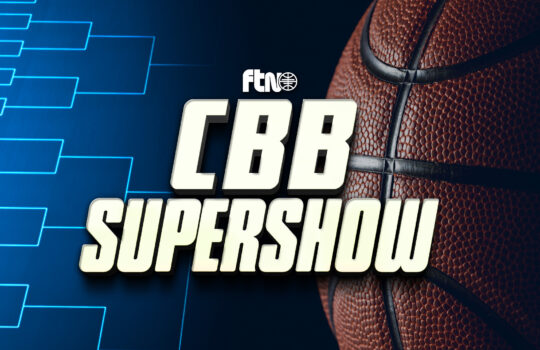

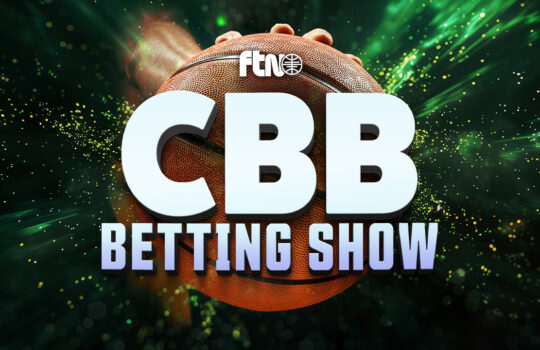











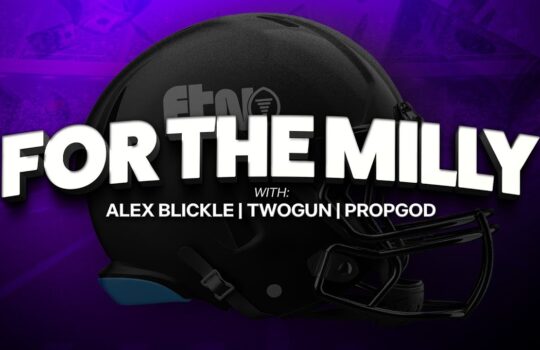






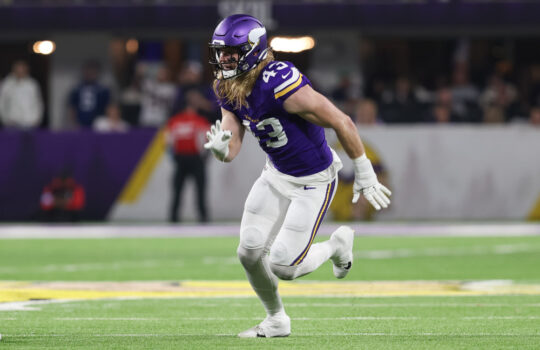



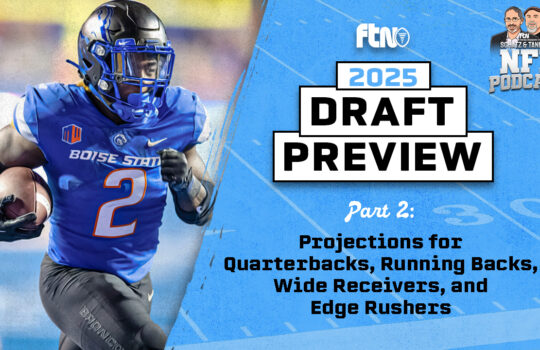

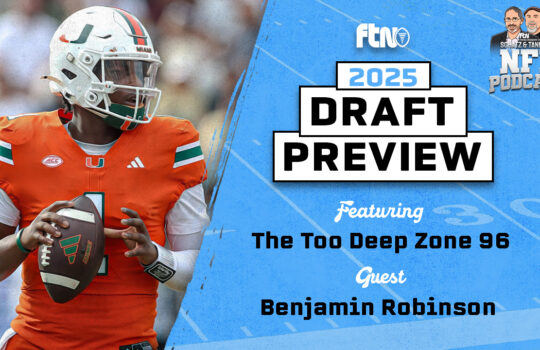
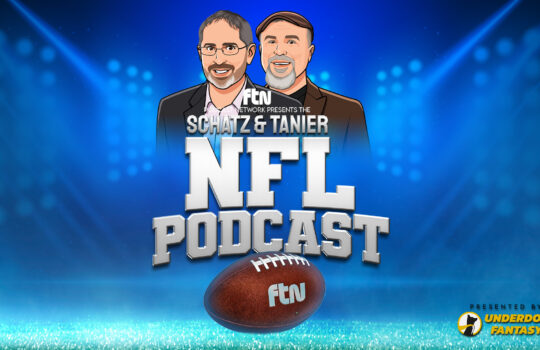






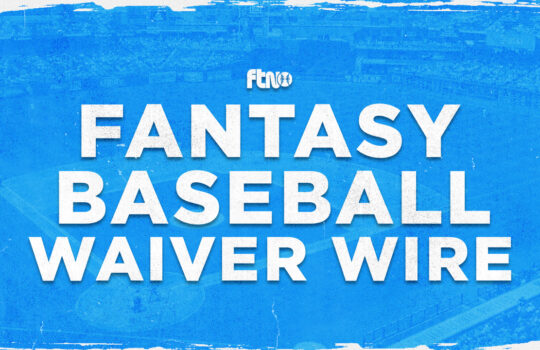

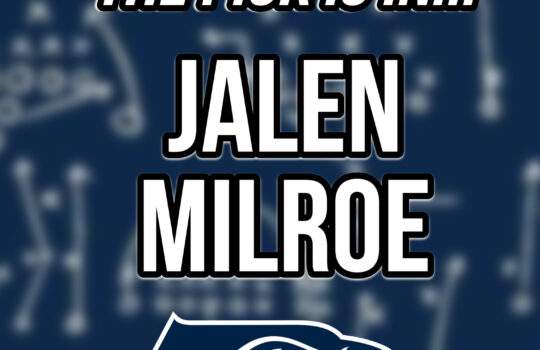

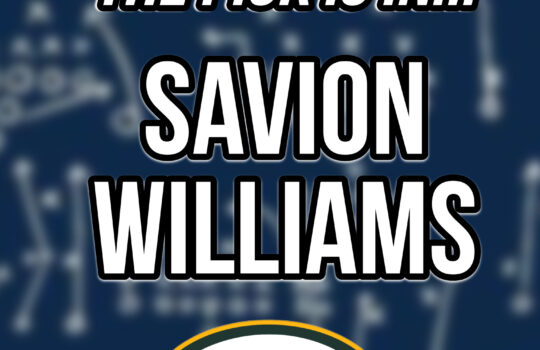
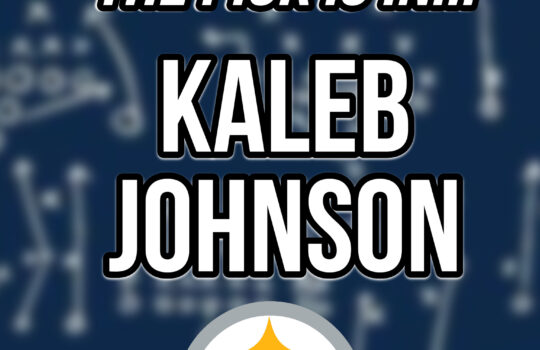

 New York Jets
New York Jets  New England Patriots
New England Patriots 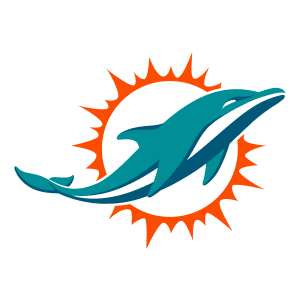 Miami Dolphins
Miami Dolphins  Buffalo Bills
Buffalo Bills  Pittsburgh Steelers
Pittsburgh Steelers  Cleveland Browns
Cleveland Browns  Cincinnati Bengals
Cincinnati Bengals 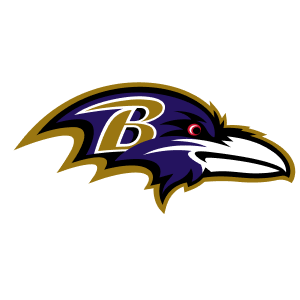 Baltimore Ravens
Baltimore Ravens 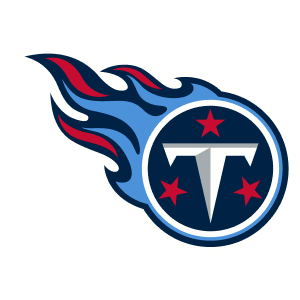 Tennessee Titans
Tennessee Titans  Jacksonville Jaguars
Jacksonville Jaguars  Indianapolis Colts
Indianapolis Colts  Houston Texans
Houston Texans  Las Vegas Raiders
Las Vegas Raiders 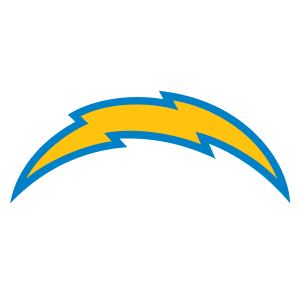 Los Angeles Chargers
Los Angeles Chargers  Kansas City Chiefs
Kansas City Chiefs 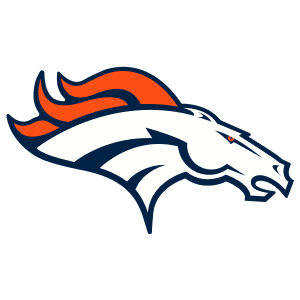 Denver Broncos
Denver Broncos  Washington Commanders
Washington Commanders  Philadelphia Eagles
Philadelphia Eagles 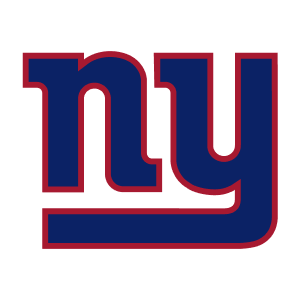 New York Giants
New York Giants  Dallas Cowboys
Dallas Cowboys 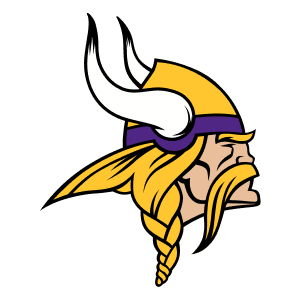 Minnesota Vikings
Minnesota Vikings 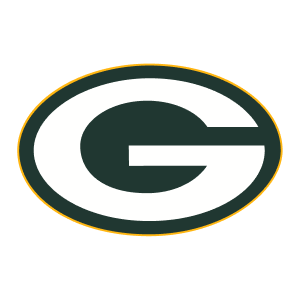 Green Bay Packers
Green Bay Packers 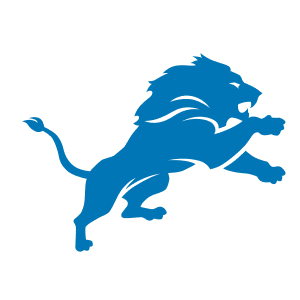 Detroit Lions
Detroit Lions 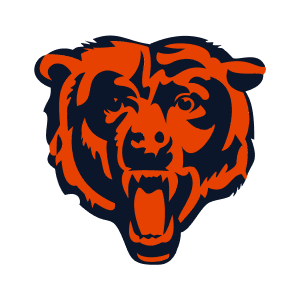 Chicago Bears
Chicago Bears 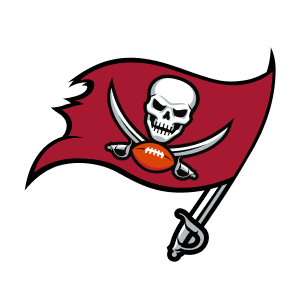 Tampa Bay Buccaneers
Tampa Bay Buccaneers  New Orleans Saints
New Orleans Saints 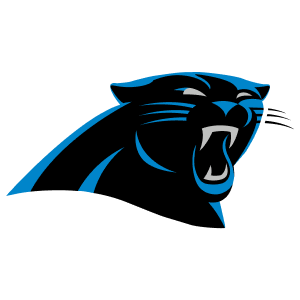 Carolina Panthers
Carolina Panthers 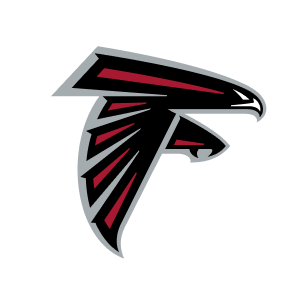 Atlanta Falcons
Atlanta Falcons 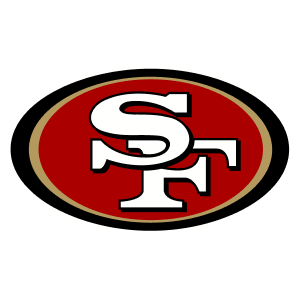 San Francisco 49ers
San Francisco 49ers 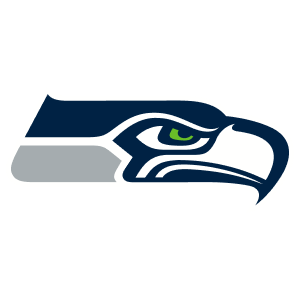 Seattle Seahawks
Seattle Seahawks  Los Angeles Rams
Los Angeles Rams 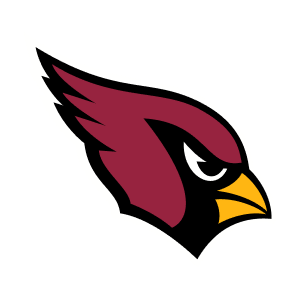 Arizona Cardinals
Arizona Cardinals 
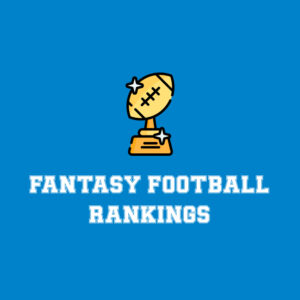
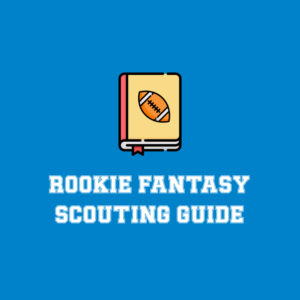
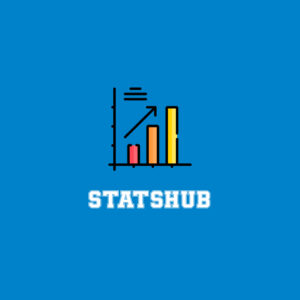
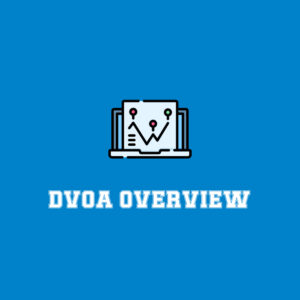




 Boston Celtics
Boston Celtics  Brooklyn Nets
Brooklyn Nets  Philadelphia 76ers
Philadelphia 76ers  New York Knicks
New York Knicks  Toronto Raptors
Toronto Raptors  Chicago Bulls
Chicago Bulls  Detroit Pistons
Detroit Pistons  Milwaukee Bucks
Milwaukee Bucks  Cleveland Cavaliers
Cleveland Cavaliers  Indiana Pacers
Indiana Pacers  Orlando Magic
Orlando Magic 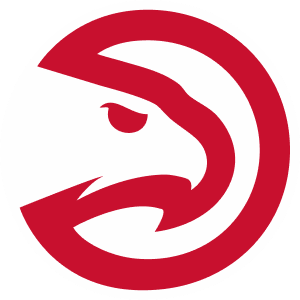 Atlanta Hawks
Atlanta Hawks  Charlotte Hornets
Charlotte Hornets  Miami Heat
Miami Heat  Washington Wizards
Washington Wizards  Denver Nuggets
Denver Nuggets 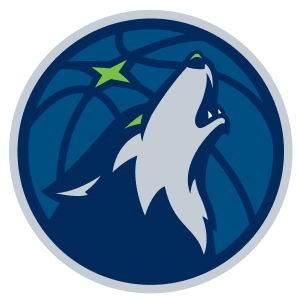 Minnesota Timberwolves
Minnesota Timberwolves  Oklahoma City Thunder
Oklahoma City Thunder  Portland Trail Blazers
Portland Trail Blazers  Utah Jazz
Utah Jazz  LA Clippers
LA Clippers  Golden State Warriors
Golden State Warriors  Los Angeles Lakers
Los Angeles Lakers  Phoenix Suns
Phoenix Suns  Sacramento Kings
Sacramento Kings  Dallas Mavericks
Dallas Mavericks  Houston Rockets
Houston Rockets  Memphis Grizzlies
Memphis Grizzlies  New Orleans Pelicans
New Orleans Pelicans  San Antonio Spurs
San Antonio Spurs 
